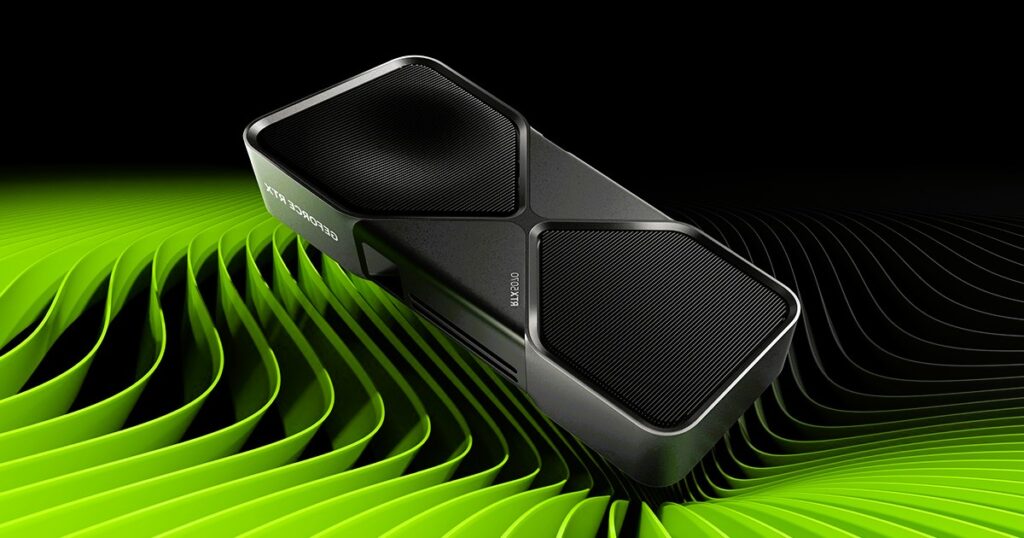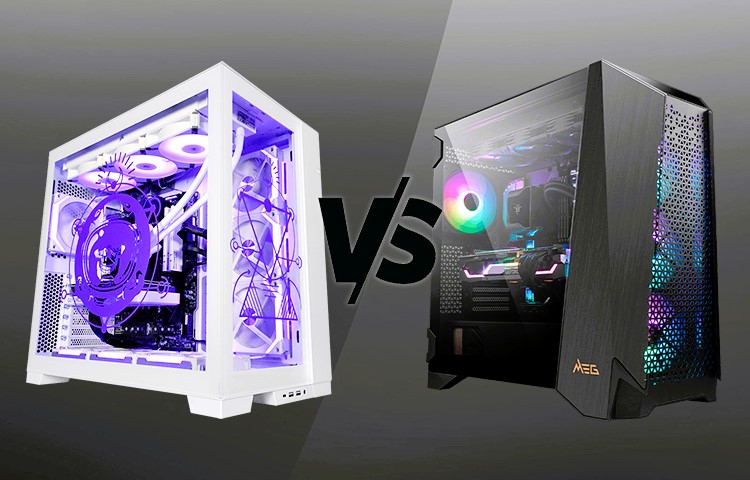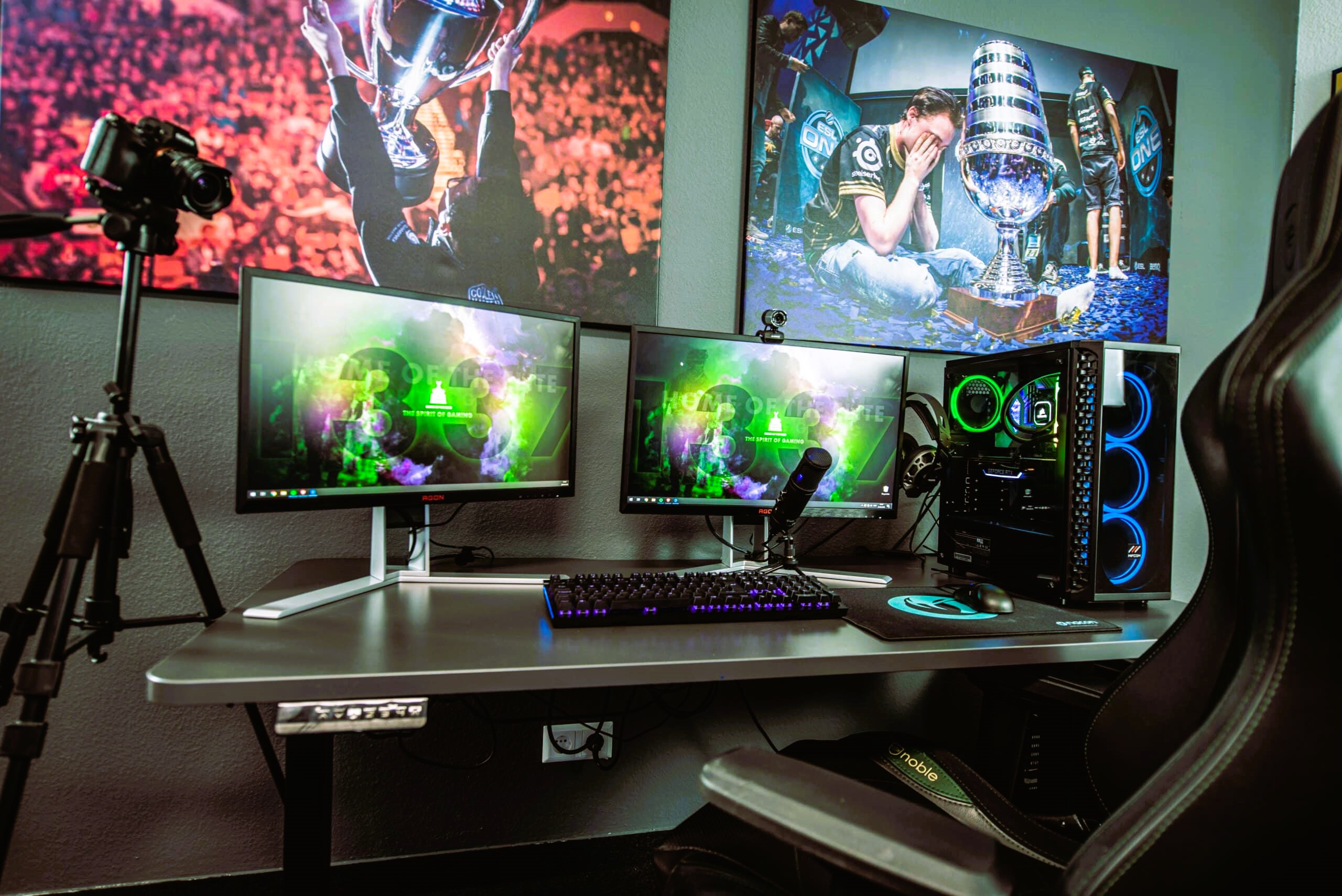Choosing the right gaming PC is a crucial decision that can significantly impact your gaming experience. Whether you’re a beginner looking for your first gaming rig or a professional player seeking the best performance, understanding what to look for in a gaming PC can help you make the right choice. In this article, we will guide you through the most important factors to consider when buying a gaming PC.
1. Understand Your Needs
The first step in choosing a gaming PC is to understand your needs. Are you a casual gamer who plays occasionally, or are you a competitive player who needs the best possible performance? The type of games you want to play also matters. For example, a PC suitable for playing demanding AAA games will differ from one that can run simpler indie games.
Tip: If you’re just starting, it’s best to go for a mid-range gaming PC that offers a good balance of performance and price. If you’re aiming for esports or high-end gaming, then invest in a more powerful system.
2. CPU: The Heart of Your Gaming PC
The CPU (central processing unit) is one of the most important components of a gaming PC. It determines how quickly the system can process data, which directly impacts your gaming performance. For gaming, an Intel Core i5 or AMD Ryzen 5 processor is a good starting point, but for high-end gaming, you might consider Intel Core i7 or AMD Ryzen 7 processors.
Tip: If you’re into competitive gaming, opt for a CPU with a higher clock speed (measured in GHz) for smoother performance during intense gaming sessions.
3. Graphics Card: A Game-Changer for Performance

The graphics card (GPU) is another key component that determines how well your gaming PC can handle graphically demanding games. A powerful GPU will ensure that your games run smoothly with high frame rates and stunning visuals.
Tip: Nvidia’s GeForce RTX and AMD’s Radeon RX series are among the best GPUs for gaming. If you’re aiming for 4K gaming or VR, make sure to invest in a high-end GPU.
4. RAM: Enough for Multitasking
Having enough RAM is essential for smooth gameplay. When gaming, your PC uses RAM to load assets and processes, so having more memory can lead to better performance, especially when running resource-heavy applications in the background.
Tip: A minimum of 16GB of RAM is recommended for gaming. If you’re planning to stream or edit videos while gaming, consider 32GB for a smoother experience.
5. Storage: SSD vs HDD
Storage is another important factor. While traditional hard disk drives (HDDs) offer more storage space at a lower cost, solid-state drives (SSDs) are faster and can significantly improve load times in games and boot speeds. Did you like the article? Read also about Top 10 Games of 2025 You Should Try.
Tip: For the best gaming experience, choose an SSD for your primary storage drive. A 512GB or 1TB SSD should be enough to store your games and operating system, while an additional HDD can be used for other files.
6. Cooling and Power Supply
Gaming PCs can get hot under heavy load, so effective cooling is essential to maintain optimal performance. Look for PCs with well-ventilated cases and sufficient cooling systems, such as fans and liquid cooling solutions. Additionally, ensure that your power supply (PSU) provides enough wattage to handle all components, especially the GPU.
Tip: Choose a PSU with 80+ Gold certification for higher energy efficiency. Also, consider adding extra fans or liquid cooling if you plan on overclocking your system.
7. Monitor, Keyboard, and Other Accessories
While the gaming PC itself is the most important aspect, don’t forget the peripherals. A high-quality monitor with a fast refresh rate (144Hz or above) can make a significant difference in your gaming experience, especially in fast-paced games. Additionally, invest in a gaming keyboard and mouse with responsive switches for more precise controls.
Tip: When selecting a monitor, consider the resolution (1080p, 1440p, or 4K) and the refresh rate to match your GPU’s capabilities. A 144Hz monitor is ideal for most gamers.
8. Custom-Built vs Prebuilt PCs

If you have the knowledge and skills, building your own gaming PC can be a rewarding experience. It allows you to choose each component based on your specific needs and budget. However, if you’re not confident in building a PC, prebuilt gaming PCs offer the convenience of having everything ready to go.
Tip: Prebuilt PCs are great for beginners or those who don’t want to deal with the hassle of assembly. However, building your own PC can offer better value for money and customization options.
9. Budget Considerations
Your budget will ultimately determine the quality of the components in your gaming PC. A higher budget allows you to invest in premium components that deliver better performance, but you can still get a great gaming experience with a mid-range budget if you prioritize the right components.
Tip: Set a budget and prioritize the most important components, such as the CPU and GPU, while cutting back on less essential features like excessive RAM or storage.
10. Brand Reputation and Warranty
When buying a gaming PC, consider the reputation of the brand you’re purchasing from. Reliable brands that specialize in gaming PCs often offer warranties and customer support in case something goes wrong.
Tip: Check customer reviews, warranties, and after-sales support before making a purchase. Brands like Alienware, ASUS, and MSI are well-known for their high-quality gaming systems.
Choosing the best gaming PC depends on several factors, including your gaming style, budget, and preferences. Whether you decide to build your own PC or buy a prebuilt one, always consider the CPU, GPU, RAM, storage, and cooling system. With these tips in mind, you’ll be able to choose a gaming PC that suits your needs and elevates your gaming experience.
For further details on the components and hardware of gaming PCs, visit Wikipedia’s Gaming PC page.

